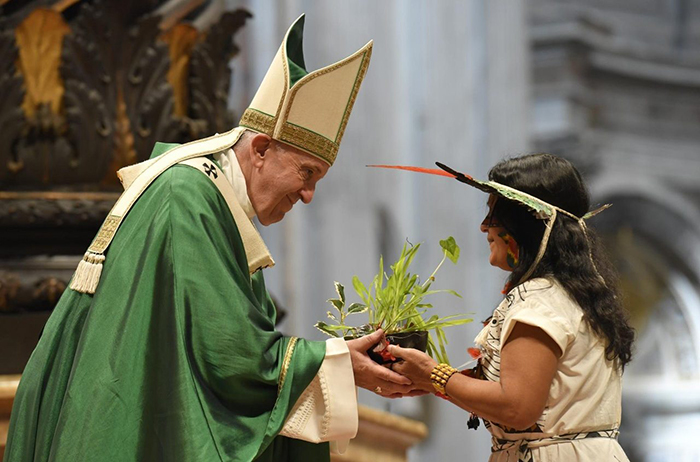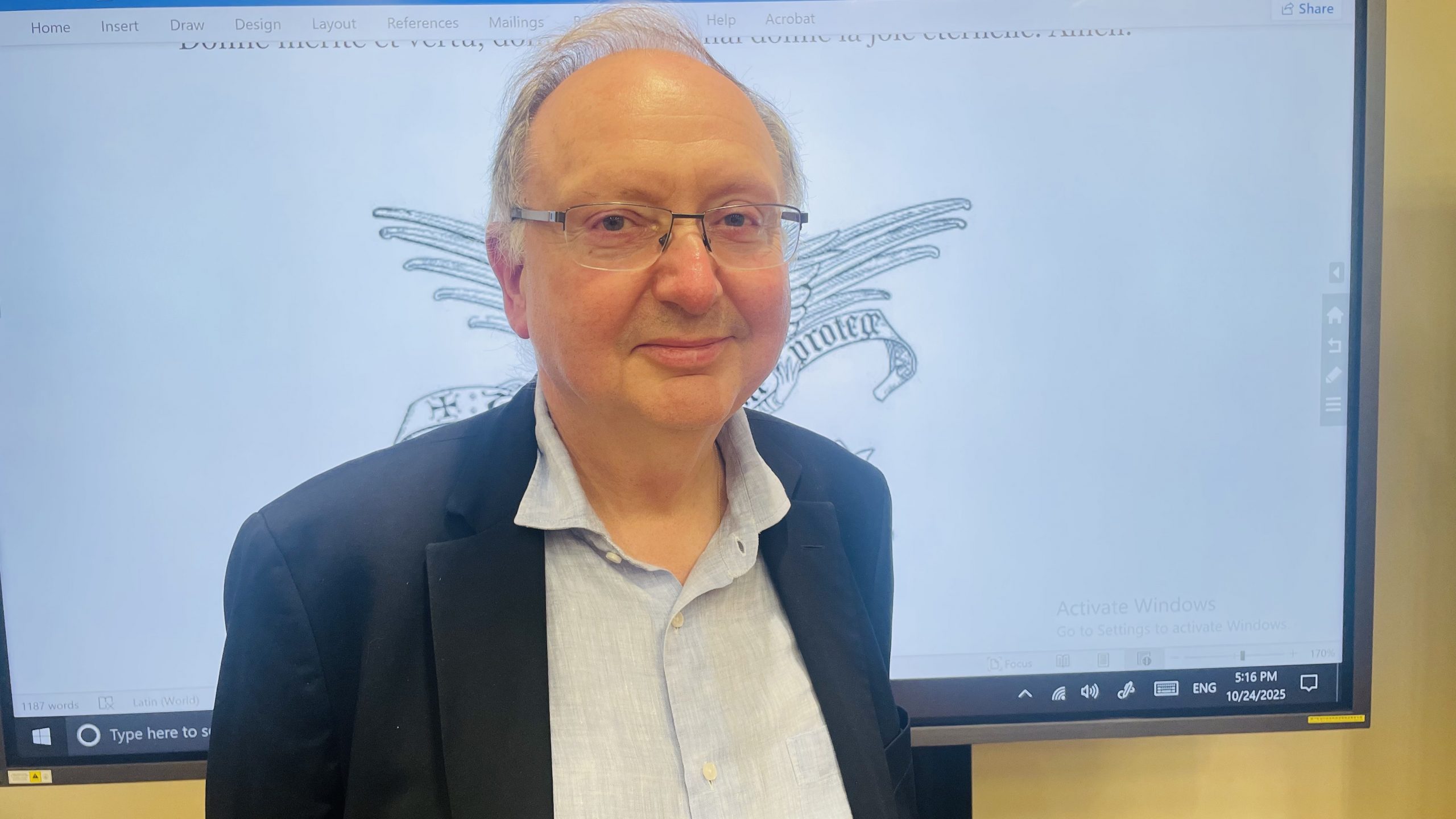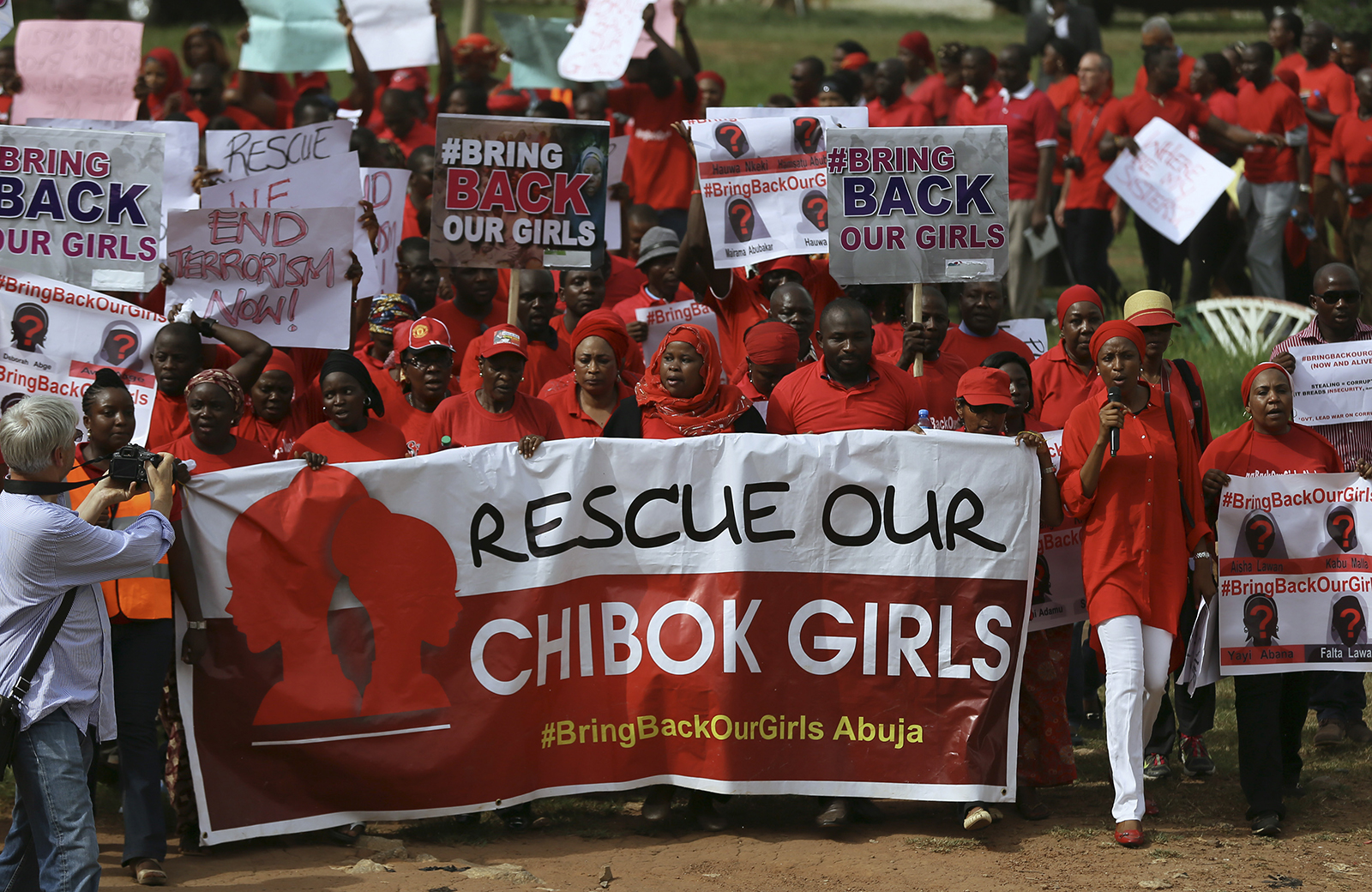Rev José Mario O Mandía
jmom.honlam.org
The Holy Mass is an action of Christ where He offers Himself: He is both Priest and Victim; He is both Offerer and the one Offered.
The Church (which is Christ’s Mystical Body) and everyone of Her members thus participates in this Sacrifice by the offering of self. Contrary to what many people think, participation at Mass does not necessarily mean singing with the choir, or doing the readings, or serving at Mass. If that were so, many of the faithful would not be able to “participate” in the Mass.
The whole Church – on earth (“Church militant”), in purgatory (“Church suffering”), and in heaven (“Church triumphant”) – participates in every single Mass. The CCCC (281) says, “In the Eucharist the sacrifice of Christ becomes also the sacrifice of the members of his Body. The lives of the faithful, their praise, their suffering, their prayers, their work, are united to those of Christ. In as much as it is a sacrifice, the Eucharist is likewise offered for all the faithful, living and dead, in reparation for the sins of all and to obtain spiritual and temporal benefits from God. The Church in heaven is also united to the offering of Christ.”
“But,” we might ask, “Christ’s offering is already infinite and my offering is so infinitesimally smaller than His and does not seem to contribute anything at all!”
Let us recall the miracle of the loaves and fishes, where a little boy showed up with five loaves of bread and two fish. The disciples told Jesus, “What are they among so many?” (John 6:9) Our Lord knew they were insignificant, but still He commanded them, “Bring them here to me” (Matthew 14:18).
That is what we do exactly in the offertory. We offer Him our five loaves and two fish, knowing that once Jesus takes them into his hands, the Holy Spirit blesses and sanctifies them, and the Father accepts them, and their value multiplies. Human work (opus hominis) becomes God’s work (opus Dei). The “fruit of the earth and work of human hands” becomes “for us the bread of life.” The “fruit of the vine and work of human hands” becomes “our spiritual drink.” Infinite graces ensue from our puny contribution.
Thus, the Second Vatican Council, in the document Lumen Gentium (no 34), states: “For their work, prayers and apostolic endeavours, their ordinary married and family life, their daily labour, their mental and physical relaxation, if carried out in the Spirit, and even the hardships of life if patiently borne-all of these become spiritual sacrifices acceptable to God through Jesus Christ (cf I Peter 2:5). During the celebration of the Eucharist these sacrifices are most lovingly offered to the Father along with the Lord’s body. Thus as worshipers whose every deed is holy, the lay faithful consecrate the world itself to God.”
For this reason, the Holy Mass is the most important activity that a Christian can ever do. It is also the center around which the life of the Church revolves. The CCC (1407) teaches: “The Eucharist is the heart and the summit of the Church’s life, for in it Christ associates his Church and all her members with his sacrifice of praise and thanksgiving offered once for all on the cross to his Father; by this sacrifice he pours out the graces of salvation on his Body which is the Church.”


 Follow
Follow


